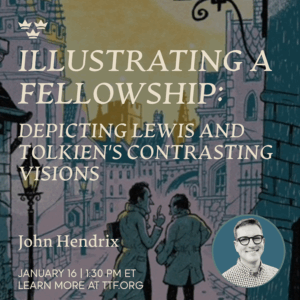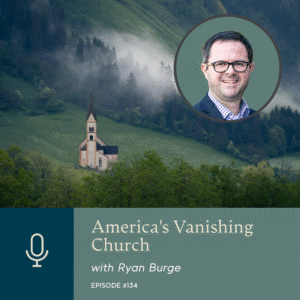What makes this particular moment in politics particularly interesting and important is that we’re engaged in a fundamental debate about the role of state in our lives. The Obama presidency has created something of an inflection point. We have to choose which path we want America to travel down—one that resembles the European welfare state or a return to constitutionalism and a federal government of limited and enumerated powers.
But during the weekend I was reminded about the danger of framing this debate in too binary a fashion. The reminder came in the form of an impromptu speech made by John Fletcher Moulton, a noted English judge, parliamentarian and administrator, which was reprinted in the July 1924 issue of The Atlantic Monthly.
Lord Moulton sketches out what he calls the “three great domains of Human Action.” They include the domain of positive law, where our actions are prescribed by laws which must be obeyed. The second domain is of free choice, which includes all those actions to which we claim and enjoy complete freedom. But between these two there is a third large and important domain, which Moulton calls “Obedience to the Unenforceable.” This is “the obedience of a man to that which he cannot be forced to obey. He is the enforcer of the law upon himself.” The true test of a nation, its proof of greatness, is “the extent to which the individuals composing the nation can be trusted to obey self-imposed law.”
Lord Moulton illustrates his point by mentioning freedom of debate in the House of Commons. For centuries the members had unrestricted freedom of debate and no inconvenience was felt. But “in recent times,” he said, “some members of this House have said to themselves: ‘We have unrestricted freedom of debate. We will use it so as to destroy debate. The absence of imposed restriction enables us to do it.’ This obstruction was developed, and it has destroyed freedom of debate, and, indeed, all useful debate in practically every legislature.”
Those in possession of freedom delinked it from a sense of duty that they were bound to respect; as a result, “clumsy and even mischievous regulations have necessarily been introduced which fetter debate but prevent its being absolutely stifled.”
“The old freedom cannot now be entrusted to the members,” Moulton went on, “because when they possessed it they did not respond to it by the exercise of that moral sense which would have led them to treat it as a trust, and not as an absolute possession, unburdened by obligations which they should compel themselves to regard.”
Lord Moulton contrasts this example with the account of the Titanic disaster.
The men were gentlemen to the edge of death. “Ladies first.” Why was that? Law did not require it. Force could not have compelled it in the face of almost certain death. It was merely a piece of good manners in the sense in which I have used the phrase. The feeling of obedience to the unenforceable was so strong that at that terrible moment all behaved as, if they could look back, they would wish to have behaved.
Moulton connects the dots in his speech by pointing out that “If I were asked to define tyranny, I would say it was yielding to the lust of governing.” The tendency of modern legislation, he warned in the early part of the 20th century, was to extend the area ruled by positive law and to diminish the area of action which is determined by the decision of the individual himself. The danger he warned about is that by “the growth of the democratic spirit,” those who have newly come into much larger powers “have not yet learned that power has its duties as well as its rights.”
How to teach people about their duties as well as their rights is a debate at least as old as the American republic. Because men are not angels, James Madison wrote in Federalist No. 51, we had to rely on “auxiliary precautions,” by which he meant our constitutional system of government, with its checks and balances and the separation of powers. But Madison also argued (in Federalist No. 55) that “republican government presupposes the existence of [virtue] in a higher degree than any other form.”
How to train hearts and minds to love the good—how to create social cohesion and a polity which can flourish in the absence of Leviathan—is one of the great questions of political philosophy. It touches on matters of religious faith and education, on habits and hard wiring, on inward sentiments and outward laws.
And so as we continue to debate where to draw the line between governing authority and liberty, those of us who are advocates for greater liberty must complete our argument. Liberty in the absence of a sense of duty and self-control, of manners and morals, is not enough. A free society also needs to engage in the task of shaping young souls. That is, I think, what Lord Moulton was getting at in his lovely remarks all those decades ago.
Peter Wehner is a senior fellow at the Ethics and Public Policy Center.

